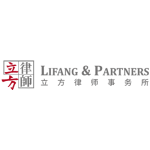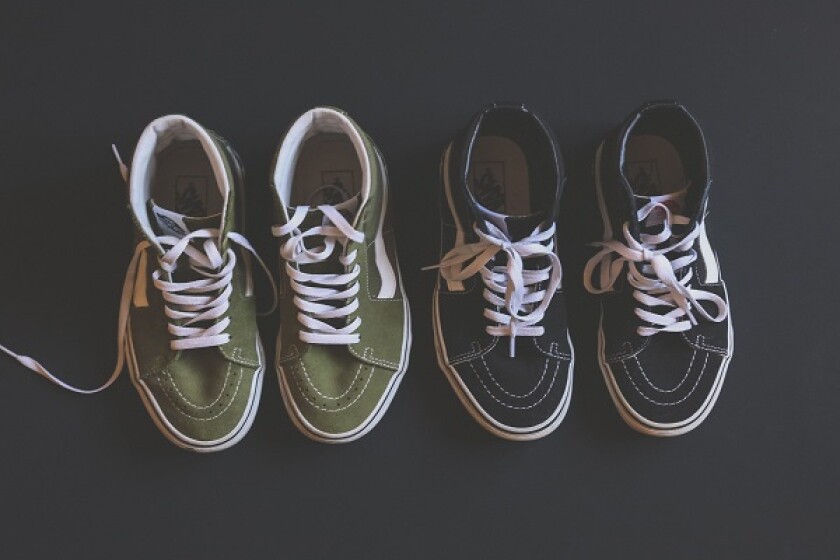Since the issuance of the Interpretation of Application of Punitive Damages in Trial of Infringement on Intellectual Property Rights in Civil Cases by the Supreme People’s Court (SPC) in March 2021, Chinese courts are awarding punitive damages against infringers in more cases. Recently, a Sichuan court issued a judgment on trademark infringement, which applied punitive damages. This decision provides a good example of the application of punitive damages in trademark infringement cases.
The plaintiff, VANS, is the owner of the trademark

The court found that Shuangxiang had been administratively punished by the local administrative enforcement team for infringing VANS’ trademark rights for at least three years during 2019 to 2021, and deliberately continued to infringe despite the existence of prior administrative penalties.
The other defendant, a one-person limited liability company of Shuangxiang’s supervisor, Jin Xiang, sold infringing products on online shops. All the defendants had deliberately infringed VANS’ trademark in a serious manner. The court therefore held that punitive damages should be applied.
Determination of damages
According to the SPC’s judicial interpretation, the amount of punitive damages is determined by the method of 'base amount multiplied by multiple'.
The calculation of the 'base amount' is generally based on either the amount of the losses by the plaintiff caused by the infringing acts, or the profits made by the infringer from the infringing acts, or the royalties of the infringed IP.
The 'multiple' requires a comprehensive consideration of factors, such as the defendant's malice, and the seriousness of the infringement.
In this case, to calculate the 'base amount', the court used 'sales of infringing products multiplied by profit margin' to calculate the defendant's profit from infringement acts. This amounted to RMB 1,198,140.50 ($189,000).
Regarding the 'multiple', the court took into account the fact that the three defendants continued to carry out infringing acts on a large scale, after being administratively punished; that the defendants considered infringement as an occupation; and that the scope of infringement was extensive, for example the scale of infringement was large, and the profits from infringement were huge. The court finally determined the multiple of punitive damages to be three times. The final amount of punitive damages was calculated to be RMB 4,792,562.
In addition, taking into account the fact that the three defendants’ trademark infringement was punished by the administrative authorities multiple times, the amount of the defendants' infringing products sold on other e-commerce platforms could not be identified, the reputation and popularity of the trademark

Significance of the case
The significance of this case is that the court took into consideration the average profit margin of the plaintiff’s licensees in China in calculating the profits of the defendants.
As the defendants refused to provide data on their profits, the court decided that the profits should be calculated based on the number of the infringing products sold, the unit price, and the average profit margin.
For the average profit margin, the court held that as there are multiple licensees of the plaintiff in China, which are not subsidiaries of the plaintiff, the profit margin was reasonable and reliable.
Another significance of this case is that the court recognised that the defendants were in the business of IP infringement, when it decided on the multiple, which is focused on the malice of the defendant. When considering this, the court took into account factors including the period of infringement, whether the defendants had been punished for the infringement, whether there was allocation of work during the infringement, and whether the infringing products took up a large part of the business of the defendant.
The court therefore reached the conclusion that the defendants were in the business of IP infringement, the malice was confirmed, and the multiple was finally decided on this basis.
Yan Zhang
Partner, Lifang & Partners
Lin Mu
Senior attorney-at-law, Lifang & Partners













